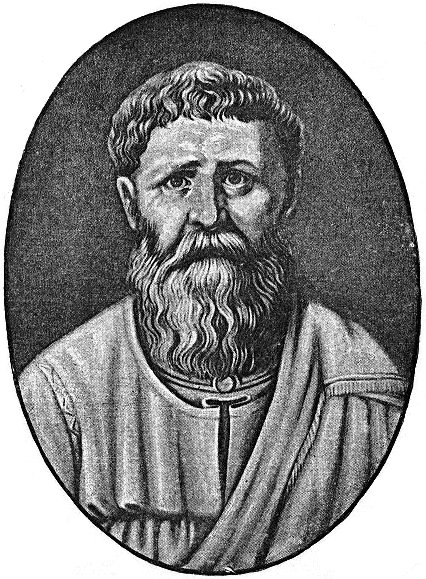St. Augustine (November 13, 354 - August 28, 430), bishop of Hippo in northern Africa, wrote extensively about God's grace and man's lack of free will. Free will suggests that man has the capacity to do whatever he wants. However, the Lord's Prayer itself proves otherwise. If we truly had free will and had the ability to be holy, then we would be holy. We could achieve it, and we would not be haunted much by temptations at all.
Nevertheless, we still pray that God would forgive us our trespasses because we continue to be guilty of them. Then we pray that our Father in heaven would lead us not into temptation. If we had the capacity, that is, the freedom, to overcome temptations, there would be little need to pray to God for the strength to overcome them.
In spiritual matters, we are not free. We are slaves to sin. Freedom comes only from Jesus whom the Father sent to deliver us. And since we never shed our sinful nature as long as we live on this earth, our prayers to God will remain necessary. And God--praise him for this--remains merciful and faithful to us.
St. Augustine writes,
“Now if all this were true, surely after offering the petition of the Lord's Prayer, Forgive us our debts, as we forgive our debtors, we could hardly go on and say, And lead us not into temptation. Matthew 6:12-13 The former petition we present that our sins may be forgiven; the latter that they may be avoided or subdued—a favour which we should by no means beg of our Father who is in heaven if we were able to accomplish it by the virtue of our human will.” (Augustine, Selections from “On Grace and Free Will,” chapter 26)






